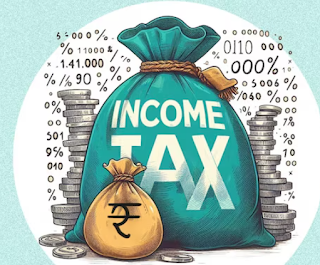According to Bloomberg, the government is contemplating substantial reductions in taxes for lower-income individuals in the upcoming Budget 2024, which would represent the first such relief in seven years.
This initiative is part of a comprehensive package of measures aimed at stimulating consumption, amounting to more than Rs 50,000 crore, as reported by sources familiar with the ongoing discussions.
Officials from the Ministry of Finance are actively exploring various proposals aimed at reducing taxes specifically for consumers who are most likely to allocate their income towards spending.
Among the potential beneficiaries are salaried taxpayers earning between Rs 5 lakh and Rs 15 lakh annually, who currently fall under tax brackets ranging from 5% to 20% under the revised income tax framework.
Additionally, there is consideration for introducing a new tax bracket, alongside speculation that the exemption threshold under the new tax regime could rise from Rs 3 lakh to Rs 5 lakh. Moreover, there are discussions about rationalizing tax brackets under the old income tax structure.
While the specifics of these proposals are still being refined, a final decision is anticipated closer to the budget announcement scheduled for July, subject to clearance from the prime minister’s office.
Despite potential revenue implications stemming from these tax adjustments, the government remains committed to achieving its fiscal deficit target of 5.1% of the gross domestic product for the ongoing fiscal year.
Nearly half of the Rs 50,000 crore earmarked for these measures is expected to come from tax reductions, with the balance allocated towards other programs.
In addition to tax revisions, other measures under consideration include increasing the annual cash payment to small-scale farmers from Rs 6,000 to Rs 8,000, augmenting allocations for the minimum job guarantee program, and expanding financial aid for women farmers.
Finance Minister Nirmala Sitharaman is presently engaging in pre-budget consultations with various stakeholders, including economists, trade unions, and industry associations.
The complete budget is expected to be unveiled on July 22, according to reports.



